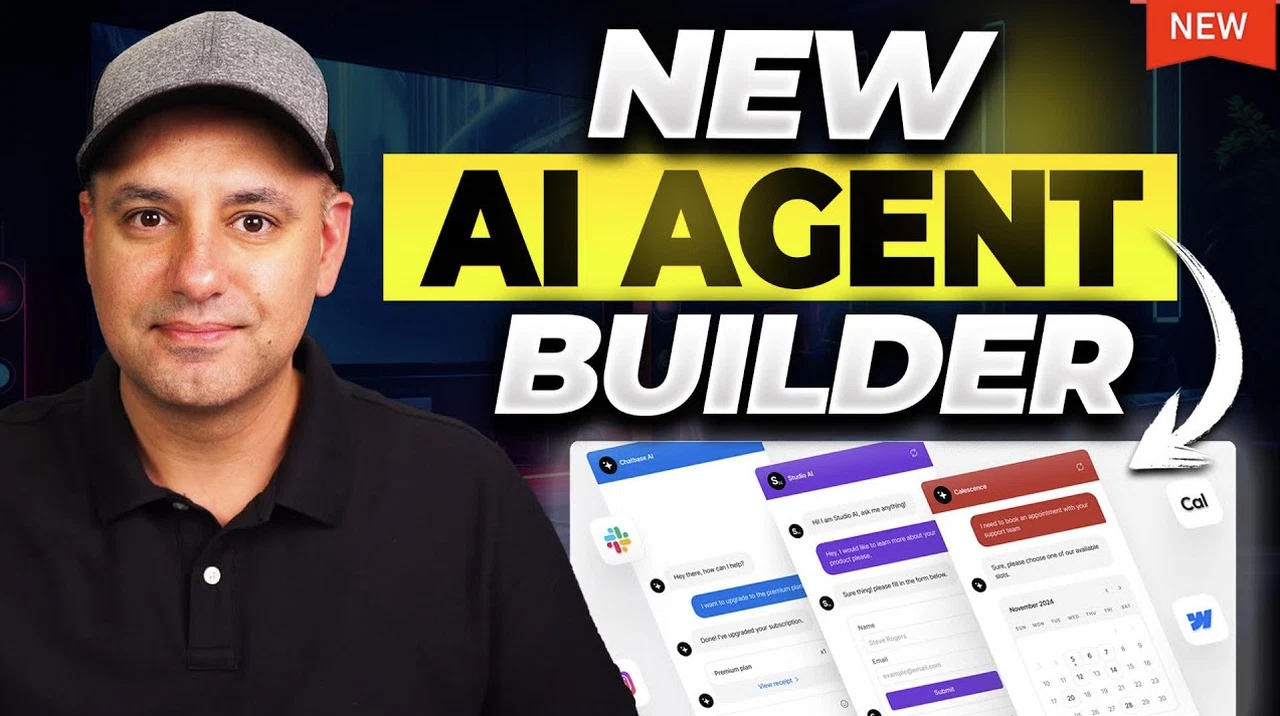
Education is entering a transformative era driven by artificial intelligence (AI) and digitalization, reshaping traditional methods and fostering dynamic opportunities. These advancements enable personalized learning, streamline administrative processes, and promote equitable access to resources. SantoshKumar Pulijala , a leading voice in educational innovation , examines how these technologies are redefining education.
This evolution creates a technology-centered ecosystem, offering professionals a platform to integrate technical expertise with pedagogical insight for meaningful impact. Digital tools have revolutionized education, offering flexible access to resources through e-learning platforms that support diverse learning styles and self-paced study. Content management systems (CMS) enhance collaboration and communication between educators and learners.

Beyond the classroom, student information systems (SIS) and administrative tools streamline processes like attendance, enrollment, and budgeting, allowing educators to focus on improving teaching and learning outcomes. AI is transforming education by addressing challenges and offering innovative solutions. Adaptive learning systems personalize content based on student performance, while predictive analytics enable timely interventions for at-risk learners.
Automated grading tools reduce educators' workloads, and AI-powered chatbots and virtual assistants provide 24/7 support, assisting with queries, administrative tasks, and basic tutoring, enhancing the overall educational experience. Professionals in educational technology require a blend of technical, pedagogical, and ethical skills to succeed in this evolving field. Technical Proficiency includes expertise in programming, data analytics, and AI, essential for developing scalable tools and intelligent systems like adaptive learning platforms and automated solutions.
Pedagogical Insight ensures technology aligns with educational goals, leveraging knowledge of learning theories, curriculum design, and assessments to create engaging tools. Ethical Awareness addresses critical issues like data privacy, AI biases, and the digital divide, emphasizing equitable access to technology and safeguarding sensitive information. This comprehensive skill set drives impactful and inclusive educational innovation.
The integration of AI and digital tools has opened up diverse career pathways in education, reflecting the sector’s increasing reliance on technology. Educational Technologists : These professionals design and implement technology solutions in classrooms, train educators, and create resources that integrate seamlessly with curricula. AI Engineers : They focus on developing intelligent educational systems, such as adaptive learning platforms and automated grading tools, that enhance learning experiences.
Data Analysts : These experts use data to uncover trends and provide actionable insights that improve decision-making in educational institutions. Each of these roles demands a commitment to lifelong learning and adaptability, given the rapid pace of technological advancement. Despite its potential, the integration of AI and digitalization in education faces challenges.
Equity issues remain significant, with disparities in access to technology and digital literacy creating gaps in learning opportunities. Addressing these issues requires targeted investments in infrastructure and training. Teacher preparedness is another pressing concern.
Many educators lack the confidence and skills to integrate technology into their teaching methods effectively. Comprehensive professional development programs are necessary to equip them with the knowledge and tools required for success. Sustainability also poses challenges.
Educational technology solutions must be scalable and adaptable to various contexts. This requires careful planning to ensure that innovations remain relevant and effective over time. The future of education depends on meaningful collaboration among educators, technologists, and policymakers to address evolving challenges and harness opportunities.
Networking opportunities, interdisciplinary research, and active participation in professional communities foster the exchange of ideas and drive innovation. Continuous professional development is vital in this dynamic field, requiring professionals to stay updated on trends, engage in research, and collaborate on impactful projects. These efforts not only enhance individual careers but also propel the broader evolution of education, ensuring relevance and inclusivity.
In conclusion, as SantoshKumar Pulijala highlights, the integration of AI and digital tools in education represents a fundamental shift in how we approach learning. By embracing these innovations thoughtfully and ethically, educators and technologists can create a future where learning is more personalized, inclusive, and effective, empowering students and educators alike. The path forward lies in fostering innovation and ensuring that technological advancements serve as a bridge to educational excellence.
.















